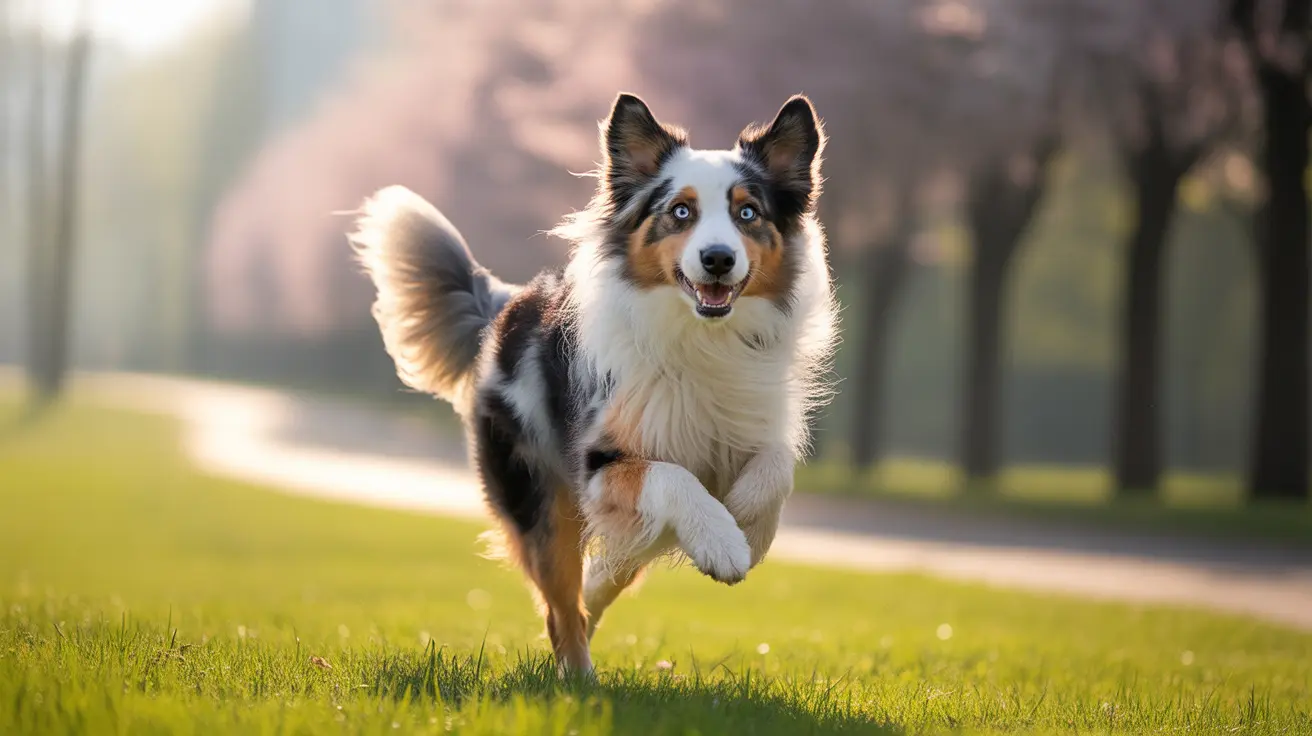If you've ever wondered whether dogs can eat hot peppers, the short answer is no - they shouldn't. While a single accidental bite of a spicy pepper isn't usually life-threatening, hot peppers can cause significant discomfort and potential health issues for your canine companion.
In this comprehensive guide, we'll explore why hot peppers are problematic for dogs, what to do if your pet accidentally consumes one, and which pepper varieties are actually safe for canine consumption.
Understanding the Risks of Hot Peppers for Dogs
Hot peppers contain capsaicin, a compound that creates the sensation of heat and burning. While humans might enjoy this spicy kick, dogs' digestive systems aren't designed to handle capsaicin, making hot peppers particularly problematic for our four-legged friends.
When a dog consumes hot peppers, they may experience immediate discomfort in their mouth and throat, followed by potential digestive issues that can last for several hours or even days.
Common Symptoms After Hot Pepper Ingestion
If your dog has eaten a hot pepper, watch for these warning signs:
- Excessive drooling or foaming at the mouth
- Pawing at the face or mouth
- Vomiting or diarrhea
- Increased thirst
- Stomach discomfort or bloating
- Whining or signs of distress
Safe Alternatives: Dog-Friendly Peppers
While hot peppers are off-limits, some pepper varieties are actually beneficial for dogs. Bell peppers, for instance, are safe and nutritious when served in moderation. They're rich in vitamins A and C, making them a healthy occasional treat when properly prepared.
What to Do If Your Dog Eats a Hot Pepper
If your dog has consumed a hot pepper, take these immediate steps:
- Provide plenty of fresh, cool water
- Offer plain, unsweetened yogurt if available
- Monitor their behavior closely
- Contact your veterinarian if symptoms become severe
Prevention Tips and Best Practices
The best approach is always prevention. Keep hot peppers and spicy foods out of your dog's reach, and ensure family members know not to share spicy human foods with pets. When preparing meals with hot peppers, dispose of scraps securely where curious dogs can't access them.
Frequently Asked Questions
Can dogs eat hot peppers or spicy foods safely?
No, dogs should not eat hot peppers or spicy foods. While not typically toxic, these foods can cause significant discomfort and digestive issues in dogs.
What are the signs my dog has eaten something spicy like a hot pepper?
Common signs include excessive drooling, pawing at the mouth, vomiting, diarrhea, increased thirst, and general signs of discomfort or distress.
Are bell peppers safe and healthy for dogs to eat?
Yes, bell peppers are safe and can be healthy for dogs when served plain and in moderation. They provide valuable nutrients like vitamins A and C.
What should I do if my dog accidentally eats a spicy pepper?
Provide plenty of fresh water, monitor their behavior, and contact your veterinarian if symptoms become severe or persist for an extended period.
Why do hot peppers cause discomfort or digestive issues in dogs?
Hot peppers contain capsaicin, which irritates dogs' sensitive mouth tissues and digestive tract, leading to discomfort and potential gastrointestinal issues.
Conclusion
While dogs should never be given hot peppers or spicy foods, an accidental encounter isn't usually cause for panic. Understanding the risks, recognizing symptoms, and knowing how to respond are key to keeping your pet safe and comfortable. When in doubt, always consult with your veterinarian, especially if your dog shows severe or prolonged symptoms after consuming spicy foods.






